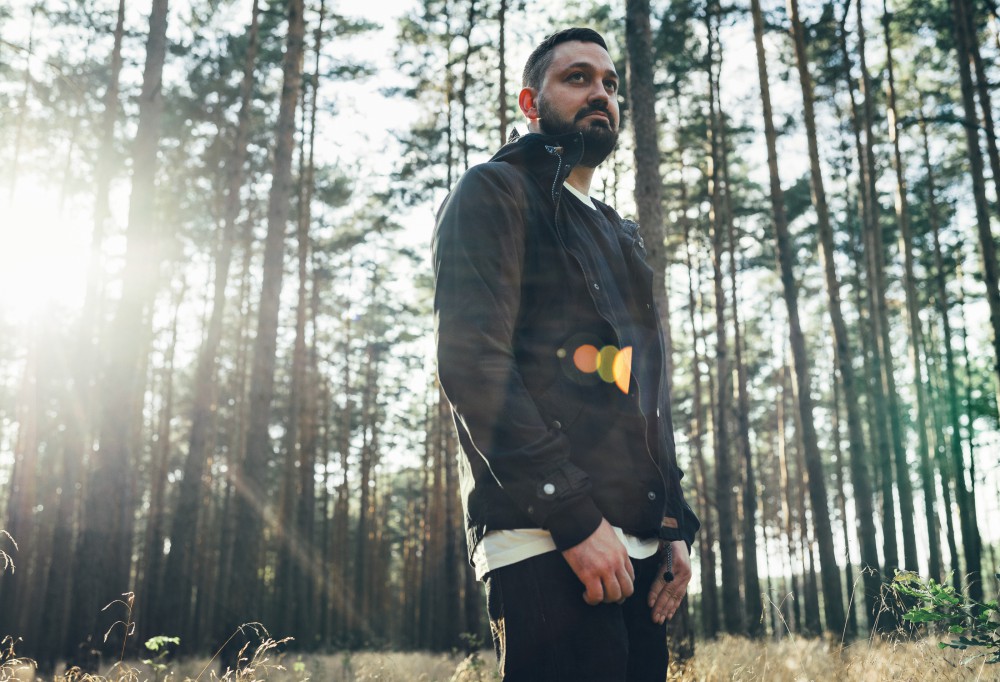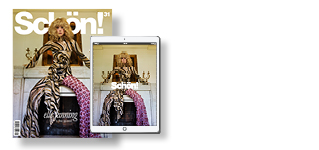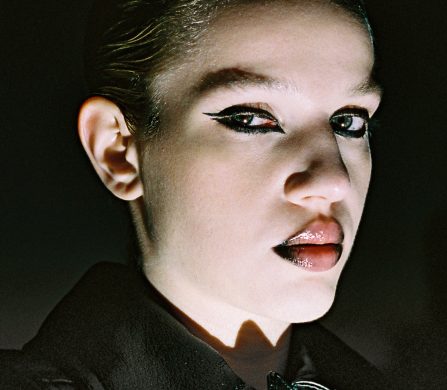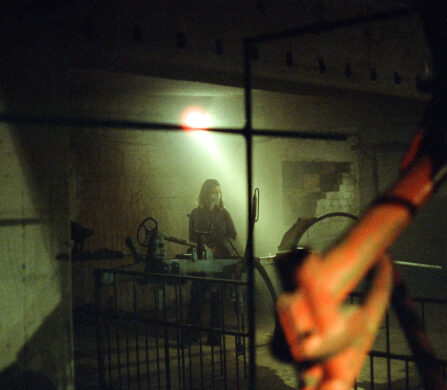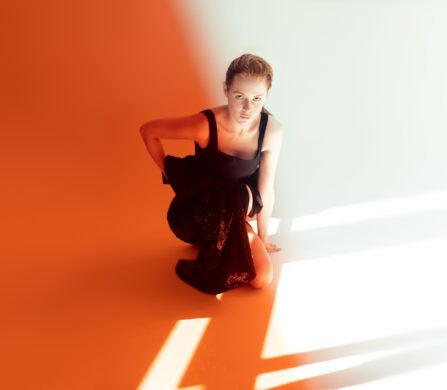Singer, songwriter, producer and general all-rounder, Berlin-based Fritz Kalkbrenner has been cultivating a signature layering of electro, pop, and everything in between, since 2009. His latest LP, Ways Over Water, is conquering listeners worldwide, with Back Home – a soulful anthem where Kalkbrenner’s distinctive vocals entrance – attracting the attention of seven million plus viewers on Youtube alone. Labelled as one of Berlin’s most popular exports, a title the humble musician politely declines, Kalkbrenner is ensconced in a worldwide series of gigs and festivals when we speak to him. Schön! discovers more about the enigmatic figure – prying on his past as a journalist, what is it is about playing live that he loves, and what it means to be relevant to now.
Your background hasn’t always been in music – how did you make the transition from journalism to music?
The transition from being a journalist to becoming a musician, actually as a job, was quite soft and easy. Both jobs, in Germany, are usually freelance jobs. I have been doing music production on the side as a hobby since the age of seventeen. My day job was being a journalist – so around 2004, 2005, I started getting more and more gigs, as a musician.
Then one day I realised at that I hadn’t been working as a journalist for three months. It’s not irrealistic to say that I would easily return to that job. By definition, it’s just resting.
With a childhood spent in East Berlin, what was your initiation to music? How do you feel the city has influenced your work?
East Berlin was when I was a really, really small child – before I was into all the music. What we listened to was the kind of music that was coming over from West Berlin on the radio BFBS, AFM, ARAS – all these West Berlin army broadcasting stations. What these guys were broadcasting was the stuff of the 1980s. After that, when I was a teen, I was into techno and New York hip-hop.
On how the city influenced me, that’s hard to put into words – even impossible to describe. What I am, and what I do, is a summary of a billion parts, as it is for any other guy – that what he is is a summary of a billion parts.
That’s why it’s so hard to say, for those reasons, how a certain place can be designated to be responsible for a certain sound. Of course, growing up in some sort of industrial European or Northern hemisphere city is bringing you up to work with these kind of sounds, than growing up on a sunny coast.
Your single Sky and Sand, was featured on the film Berlin Calling, would you describe that moment as a ‘breakthrough’ one?
It was pretty much a boost, and an accumulator, that’s right, but to say it was a breakthrough – as a humble person, I wouldn’t say that the kind of breakthrough you speak of has happened to this very day.
It opened a lot of doors, but it didn’t settle anything. If you see this as a constant, passionate job, you have to keep putting in constant effort. It’s not like dropping a hit and living from the fees forever – you always have to put constant work in, again and again.
You blend a unique combination of musical styles – with soul, funk, dance, electro – how did your signature sound come to be? What defines your sound?
The sound came quite naturally throughout the things that have influenced me: all these old styles that I like and dig so much – like jazz, funk, as well as house and techno. There is something that goes into your heart and your mind, and there is something that goes out. You try to be like a translator. You try and translate those old styles into that what is today – what 2015 is – and what is coming out of Berlin.
You sing live as well as play your sets. What do the preparations for live sets involve? What excites you about performing live?
As I know my ins and outs now, there isn’t that much preparation anymore involved in that. Luckily, I know what I’m doing. What’s most exciting about performing live? That’s easy to say – if I don’t sing at the right moment, and if I don’t trigger the right loop at the right moment, that moment isn’t going to happen. Action leads right to a result. That’s what’s so great about playing live.
What was the production process of Ways Over Water? Where did the album originate?
You can divide the production process of the album into two big parts – there was one part, a long period of time of about 12 to 14 months where I was collecting sketches, drafts. That happened wherever I was – at home, on tour, on flights, in between. There was a shorter time where I went to a studio in Berlin Kreuzberg – the old studios where the final process happened. The final production was for the arrangements, the vocal recordings, the instrument recordings, where I was in the studio for 12 to 14 hours a day.
With a global tour underway, taking you notably to Australia, what does your life on the road look like for the next months?
After we return from Australia, the pre-festival season is going to start – which leads onto two festival seasons, so we’re going to play a lot of festivals throughout Europe. It’s going to be pretty intense.
What are your hopes for 2015?
To see 2016, I suppose.
Ways Over Water is available worldwide now.
Words / Patrick Clark
Follow him on Twitter.
Discover the latest issue of Schön!.
Now available in print, as an ebook, online and on any mobile device.












